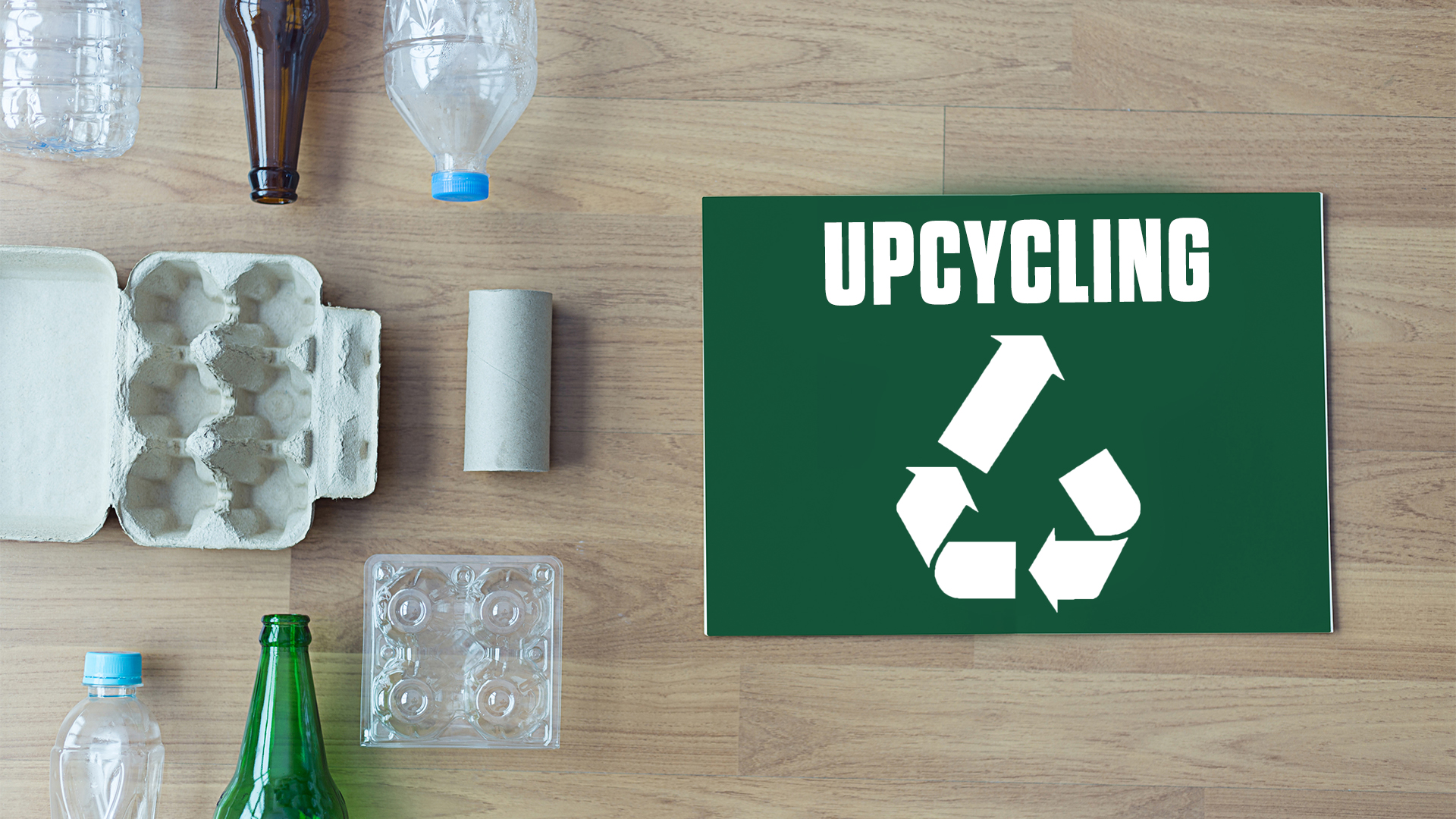The Power of Upcycling: A Step Shaping the Future
08 Kasım 2024In today’s world, environmental issues continue to grow as a major concern. Waste management and the efficient use of natural resources are crucial for maintaining ecosystem balance. In this context, upcycling emerges as one of the sustainable solutions for the future. In this article, we will explore what upcycling is, its benefits for the ecosystem, and how it can be applied both at home and in corporate life.
What is Upcycling?
Upcycling refers to the process of reprocessing waste materials to create new products. However, unlike recycling, upcycling doesn’t just reuse materials—it increases their value and produces higher-quality products. This process often results in more creative and valuable products. For example, creating new technology products from old electronics or manufacturing high-quality construction materials from plastic waste are examples of upcycling.
Upcycling is not limited to waste management; it also opens the door to innovative production processes. Creative thinking and technology play a key role in reprocessing old materials. This process offers great opportunities both economically and ecologically, making it an environmentally conscious production method.
Benefits of Upcycling for the Ecosystem
Upcycling provides several important benefits for environmental sustainability. These benefits include:
- Conservation of Natural Resources: Upcycling reduces dependence on raw materials. This prevents the depletion of natural resources and minimizes environmental damage. It saves energy and causes less harm to nature.
- Reduction in Waste: Regular upcycling practices ensure that waste is processed without leaving it in the environment. This prevents landfills and storage areas from unnecessarily expanding.
- Reduction in Carbon Footprint: The use of reprocessed materials requires less energy than new production processes. This leads to lower carbon emissions, contributing to the fight against climate change.
- Creation of Economic Value: Upcycling allows waste to be valued not only environmentally but also economically. This process creates new job opportunities and employment sectors, while also promoting sectoral innovation.
Steps for Implementing Upcycling at Home and in Companies
Upcycling offers a viable and effective solution for both individuals and organizations. Implementing upcycling practices at both the home and corporate levels not only benefits the ecosystem but also raises social responsibility awareness. Here are some suggestions for both areas:
Steps for Upcycling at Home:
- Sort Your Waste: Regularly sort waste at home by separating recyclable materials such as plastic, glass, and paper. These can be reused at home.
- Create Creative Projects: Use old items creatively. For example, turning old newspapers into art pieces or making decorative items from glass bottles are simple but creative examples of upcycling.
- Recreate with Natural Materials: Try creating new products at home using natural materials by reusing waste. For example, you can repaint old furniture or repurpose old textiles into pillow covers.
Steps for Upcycling in Companies:
- Provide Employee Training: Organize training sessions in the corporate sector to explain the importance of recycling and upcycling processes. Raise awareness among employees about how to implement these processes effectively.
- Digital Waste Management: Especially for technology-focused businesses, create upcycling projects for old devices and equipment. Old computers and electronic waste can be reused through specific processes.
- Invest in Technologies for Upcycling: Companies can invest in new technologies that support upcycling projects, enabling them to process waste more efficiently and create higher-quality products.
- Innovative Product Development: Corporations can design new products using upcycling processes. By creating more durable and eco-friendly products from old materials, companies contribute to sustainability goals.
Transforming with Our Upcycling Technologies for Nature
In 2022, we welcomed the decision of the United Nations Environment Assembly to adopt the "Global Plastic Pollution Agreement," aiming to prevent plastic pollution. This agreement, which covers the entire life cycle of plastics, will be legally binding for all members. We are proud to announce that we have signed agreements with Honeywell UOP to transform plastic waste into sustainable plastic raw materials using upcycling technologies. Our commercial-scale facility, which will process 60,000 tons of plastic waste annually, is in development, and we are excited to continue working toward its launch. We are also working on our upcycling facility in the Izmir region, which we aim to operationalize by 2027. The facility will process 118,000 tons of non-recyclable plastic waste and produce 55,000 tons of pyrolysis oil.
Conclusion
Upcycling is a method that supports environmental sustainability and has great potential both economically and ecologically. Both individuals and organizations can go beyond recycling and obtain creative and valuable products. This process not only reduces waste but also helps conserve natural resources, save energy, and shrink the carbon footprint.
Upcycling will be a powerful step shaping the future and an indispensable strategy for sustainable business models and ecological balance.
For more information about our upcycling projects, you can check our annual report here.





